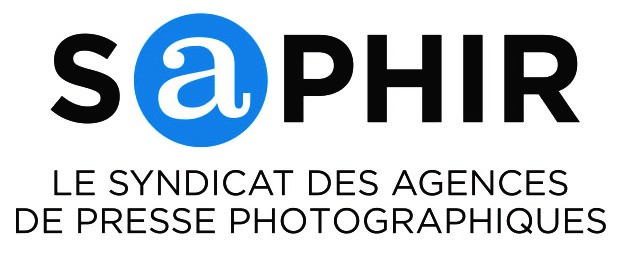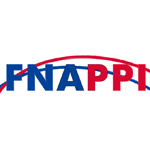Since the case was a class action, the court, and not the parties, must determine whether a settlement is fair, adequate and reasonable. In a very thorough decision, Judge Chin concluded that this settlement was not.
While he noted that there would be a great public benefit to having a universal digital library, this settlement agreement went too far. What began as a copyright infringement action against Google to seek damages based on the wholesale copying of entire libraries and the posting of snippets online, morphed into a forward-looking business model that would grant Google significant rights to commercially exploit the digital versions of the books, without the permission of the copyright owners. In addition, the court noted that this forward looking business arrangement would give Google, a private company, a significant advantage over competitors and in essence reward Google for engaging in blatant copyright infringement and releasing it of all claims.
The decision is 48 pages long and carefully considers the benefits of the settlement as well as the many objections that were raised during the process. Judge Chin reviewed the prior proceeding in which Google scanned 12 million books and created an electronic database and made the text of the books available for online searching. The court recognized the complexity of the amended settlement agreement. Then Judge Chin looked at what Google had to gain under the settlement agreement. In creating a registry, Google would be authorized to continue to scan books, sell subscriptions to the electronic database, sell online access to individual books, sell advertising on pages from books and make other uses.
In return, Google would pay rights holders 63% of the revenue received from these uses, which would be distributed in accordance with the plan of allocation between authors and publishers. The settlement contemplates a book rights registry that would maintain the database and administer the revenue. The board of the registry would have representatives of authors and publishers. The rightholder (author or publisher) could elect to exclude a book from some or all of these uses but must make such a request to Google. On a going forward basis, revenue would be split between Google and the rightsholders.
The court had concerns with aspects of the settlement agreement that did not address past infringements but set up a private business arrangement for digitizing and managing revenue from digital works in the future. The judge referenced issues raised by class members who opposed the settlement in highlighting his concerns. Judge Chin was troubled by the aspect that a private company would establish a mechanism for exploiting unclaimed books, (orphan works) when this was a matter more suited for Congress. He noted the antitrust concerns of a number of objectors who saw this settlement as giving Google a monopoly over orphan works and solidifying its dominant position among online search companies. He referenced privacy concerns, international law concerns, including the violation of international law by requiring foreign rightsholders to “opt out.” Ultimately, he concluded that the matter is best left for Congress and the settlement agreement was not fair, adequate or reasonable. Using other objections he noted that Google’s competitors went through the painstaking and costly process of obtaining permission before scanning copyrighted books and that Google took a shortcut in scanning them and inviting litigation. He noted that under copyright law, a rightholder has the fundamental right to exclude others from using his property. Google’s opt out mechanism is contrary to such principle. Lastly, Judge Chin stated that most of his concerns would be ameliorated in the agreement if the settlement was converted from any “opt-out” to an “opt-in” settlement. He encouraged the parties to negotiate a revised agreement. A status conference is to be held April 25, 2011.
PACA joined with ASMP and other visual artists in a separate action against Google based on the wholesale scanning of books and creating a digital library. It is unclear how this decision will affect this case in that it is only in its preliminary stages. We will await information from the ASMP attorneys.
It seems unlikely that Google will agree to a settlement that requires it to obtain permission rather than have copyright holders opt-out. As this is a district court decision, it can be appealed to the Second Circuit, but that will take time as well. Currently, without the settlement agreement, the case is limited to one in which the question of whether scanning books and displaying snippets is fair use under US copyright Law. No book registry would be created by a court decision including a mechanism for licensing a digital database going forward. In addition, the orphan works legislation considered by Congress a few years ago has not been pursued. It was clear that if this book settlement was approved by the court, it would dramatically change the landscape in which one company could use orphan works without risk. It is very likely that Congress will again look at Orphan Work legislation.
Nancy Wolff, Esq.
PACA Counsel
















